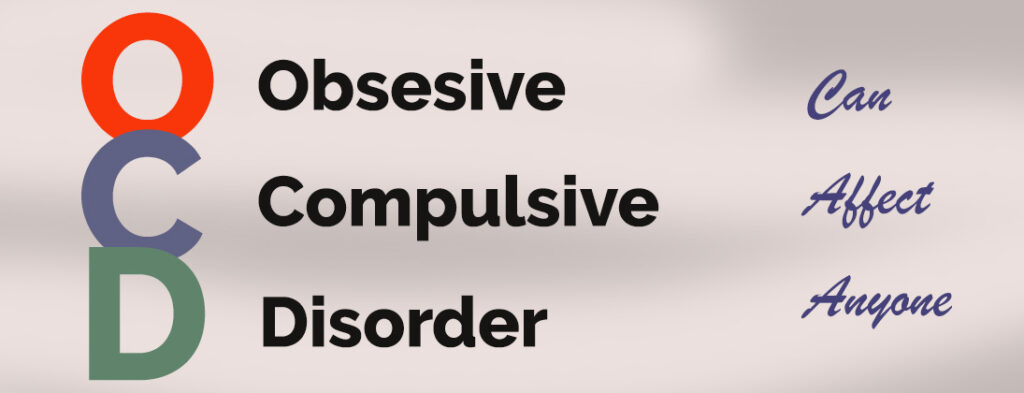Patterns and Repetitions
What is Obsessive-Compulsive Disorder?
Obsessive-compulsive disorder (OCD) is when someone experiences uncontrollable thoughts and repetitive behaviors. The National Institute of Mental Health defines obsessions as; “repeated thoughts, urges, or mental images that are intrusive, unwanted, and make most people anxious.” Examples of obsessions include fear of germs, losing control over one’s behavior, or misplacing something.
Compulsions are “repetitive behaviors a person feels the urge to do, often in response to an obsession.” (National Institute of Mental Health, 2024). Common compulsions are – excessive cleaning, arranging items in a specific way, and repeating words silently.
Who is Affected by OCD?
Men, women, and children of all races or ethnicities can be equally affected by OCD. According to the International OCD Foundation, OCD can occur at any age. However, it typically occurs between the ages of 8 and 12 or between the late teen years and early adulthood. The foundation states, “Our best estimates are that about 1 in 100 adults — or between 2 to 3 million adults in the United States currently have OCD.” Additionally, “It is estimated that at least 1 in 200 kids and teens — or around 500,000 youth in the United States have OCD.”
How Does OCD Affect Daily Life?
Individuals with OCD have difficulties performing everyday tasks, such as eating or shopping. Those with the disorder may not feel relief or feel guilty for giving into an obsession. Perfectionism can limit efficient work due to a fear of failure.
Compulsive thoughts can become distractions, preventing adequate workflow. The Soho Center for Mental Health Counseling explains, “If you have OCD, you may worry about your loved ones excessively or demand that they do things in certain ways to stay safe or be “good.” Trying to control another person’s behavior can permanently damage a relationship.” (2024, para. 8).
How are OCD and Anxiety Related?
Anxiety can cause symptoms of OCD to worsen, but OCD is not an anxiety disorder. Medical News Today explains, “While people with OCD and anxiety can feel intense fear about certain situations or objects, those with OCD are more affected by recurrent thoughts, images, or behavioral urges that cause them anxiety.” (2024, para. 3). People with anxiety do not feel the need to give in to compulsions, but those with OCD feel they have to fulfill compulsions.
Echoing Hills serves those with intellectual disabilities and is committed to revolutionizing lives through the love of Jesus Christ. As an organization, we believe in an individual’s right to choose and the dignity of each person.
Resources
https://www.nimh.nih.gov/health/topics/obsessive-compulsive-disorder-ocd#part_2227
https://iocdf.org/about-ocd/who-gets-ocd/
https://www.betterhealth.vic.gov.au/health/conditionsandtreatments/obsessive-compulsive-disorder
https://www.thesohocenter.com/blog/understanding-ocd-and-how-it-can-affect-your-daily-life


